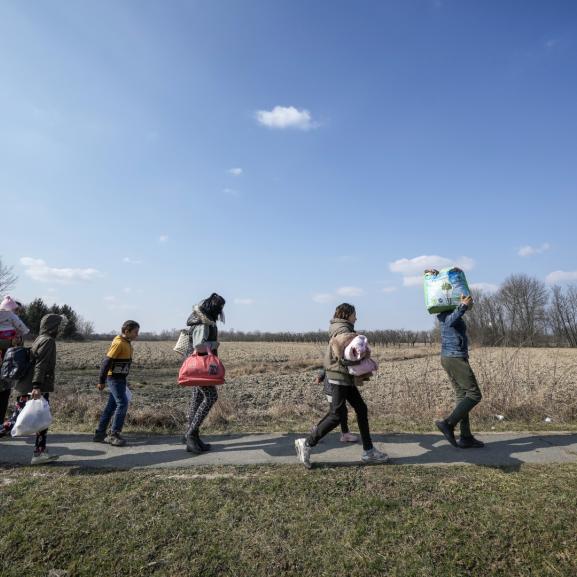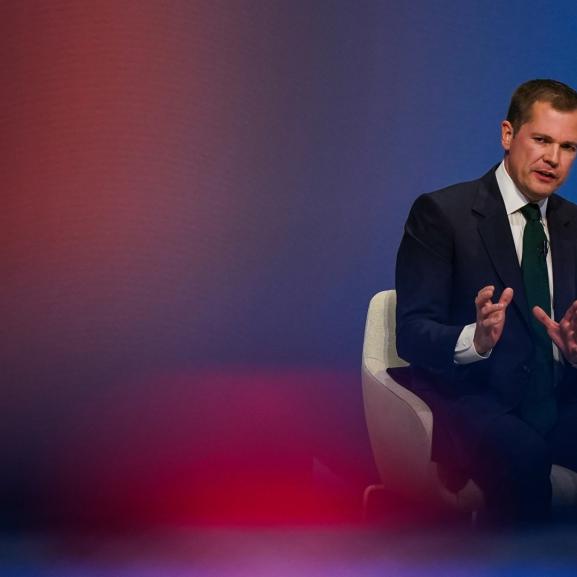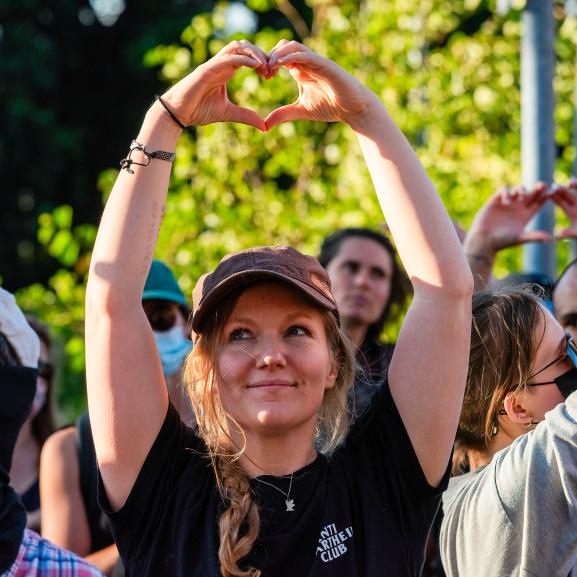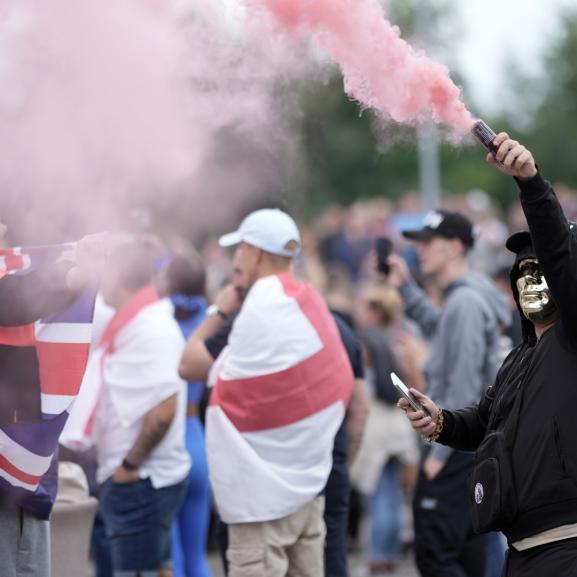Freedom from Torture Amongst Organisations Saying "No" to Torture Evidence
Freedom from Torture is one of 14 organisations asking the Law Lords to overturn the judgment of the Court of Appeal of England and Wales that permits the admissibility of evidence obtained abroad by torture in domestic judicial proceedings.
The organisations maintain that torture and ill-treatment are prohibited in all circumstances and that statements obtained by torture are not legally admissible in any proceedings, except those to bring the torturer to justice. An international prohibition against the use in court of such evidence cannot be changed unilaterally by the UK or any other state.
The 14 organisations that have been allowed to intervene in the case, which the Law Lords began hearing on Monday October 17, are: the Advice Centre on Individual Rights in Europe (the AIRE Centre), Amnesty International, the Association for the Prevention of Torture, British Irish Rights Watch, the Committee on the Administration of Justice, Doctors for Human Rights, Human Rights Watch, the International Federation of Human Rights, INTERIGHTS, the Law Society of England and Wales, Liberty, the Medical Foundation for the Care of Victims of Torture, REDRESS and the World Organisation Against Torture.
With each organisation having extensive experience in campaigning against torture, their intervention was prompted by grave concern that there was a growing trend of states seeking to get round the global ban on torture in their counter-terrorism efforts.
In August 2004 the Court of Appeal of England and Wales ruled in the case of A and Others v. the Secretary of State for the Home Department that evidence extracted under torture could be used in the Special Immigration Appeals Commission, provided that UK agents were neither directly involved in the torture nor solicited it. (However, the Court of Appeal did say that the fact it had been obtained under torture would affect the weight such evidence was given.)
A and Others are 10 terror suspects who were detained under the 2001 Anti-Terrorism and Security Act, and held indefinitely and without charge at Belmarsh high security prison in south London. It is thought that much of the secret evidence against them came while some were held at Bagram airbase in Afghanistan, or Guantanamo Bay, or from countries including Egypt, Jordan and Morocco where torture is documented and known to take place.
They were released after the House of Lords ruled in December 2004 that holding foreign terror suspects indefinitely without trial breached their human rights. Eight of them are now being held under Home Office control orders that include a form of house arrest. Two of the men have exercised their option to leave the UK. However, the Court of Appeal ruling on the use of evidence extracted under torture still stands.
The Medical Foundation maintains that evidence obtained under torture is inadmissible in court under Article 15 of the UN Convention Against Torture and other Cruel, Inhuman or Degrading Treatment or Punishment 1984. Article 15 reads: ‘Each State Party shall ensure that any statement which is established to have been made as a result of torture shall not be invoked as evidence in any proceedings, except against a person accused of torture as evidence that the statement was made.'
Much of the Convention was incorporated into English law under the Criminal Justice Act 1988. It would appear, however, that Article 15 was omitted, hence the present appeal to the Law Lords.
Until very recently, the government seems to have believed that there was already legislation in place to ensure the UK could comply with Article 15, so that its incorporation into domestic law was not strictly necessary. There was an assumption that rules of evidence in the UK, which provided for the exclusion of evidence obtained by ‘oppression', already covered the article.
The problem seems to be that ‘oppression' refers to actions taken by the prosecuting authorities here - they do not seem to have envisaged the use of evidence obtained abroad - hence no direct adaptation of Article 15 in the domestic UK legislation.
Even if Article 15 has not been incorporated into British domestic law, the use of evidence extracted by torture is illegal regardless, because the entire Convention Against Torture is now part of what is called ‘customary international law' and is therefore binding globally even on those countries that have not signed up to the Convention at all.
The use of evidence obtained under torture is also in breach of Article 6 of the European Convention on Human Rights, which guarantees a person a fair trial.






